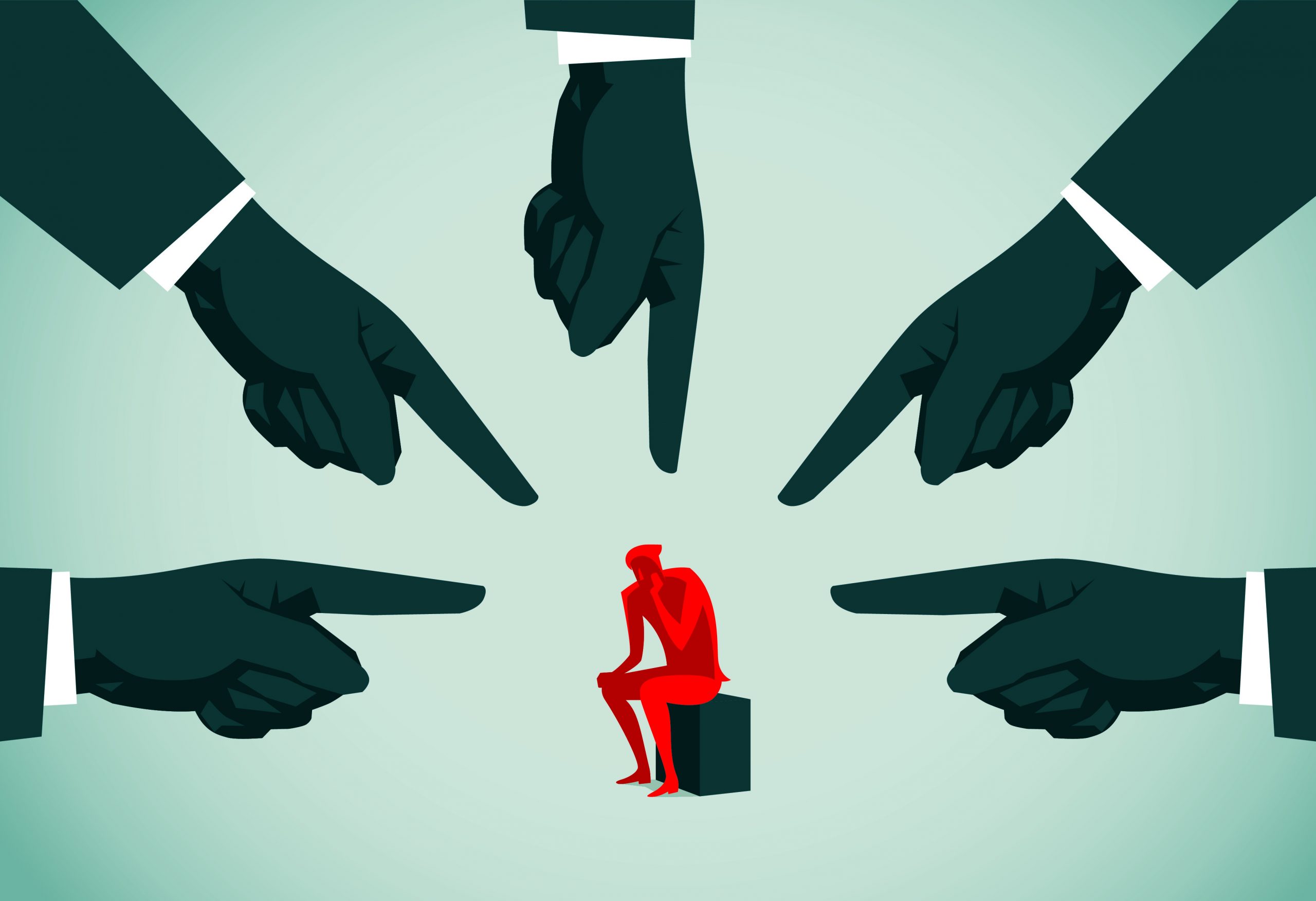Wherever, however, don’t back down.
Soviet Cancellation

The woke know exactly how to break their victims down.
Winston Marshall, banjoist for the British folk rock band Mumford and Sons, probably had no idea what was coming. Marshall read a book about the domestic terrorist group Antifa by the investigative journalist Andy Ngô, then left a positive remark about it on Twitter. Within minutes, furious comments came pouring in from woke accounts: the musician soon found out that reading Ngô is strictly verboten. Marshall ended up issuing an apology and quitting the band.
Then came the second pile-on. Outraged by the apology, conservatives attacked the performer for what looked to them like a cave to Antifa bullies. In other words, they saw a weak man lying down and proceeded to kick him.
This reaction may be natural, but it’s also misguided. My guess is that for him to resign from the band, Marshall had to feel enormous pressure in face-to-face interactions with people he knows personally. If online hate is bad, imagine what a real-world cancellation is like.
I’m very much a hardass myself, but I also know how miserable these kinds of things can make you, how easily even good people can buckle under the pressure. The USSR, the country where I grew up, was run on public shaming.
Watching Marshall’s downfall, I was reminded of the Soviet cancellation of Boris Pasternak, author of the brave and subversive Doctor Zhivago. In 1958, Pasternak was awarded the Nobel Prize in Literature, which he accepted with great joy. But the Communist Party, which had always viewed the maverick author with suspicion, organized a “spontaneous” campaign against him that same day. They circulated petitions, wrote letters to Pravda in which “ordinary workers” swore that they didn’t read Pasternak’s work—but that they knew just how slanderous it is. His friends and colleagues were forced to denounce him. The Party cadre gave obscene speeches about his useless, decadent work.
This campaign of harassment was staged during the relatively permissive Khrushchev era. Pasternak was 68 years old at this point. He had lived through the worst of Stalin’s purges and a total war with the Nazi Germany, but this public condemnation nearly drove him to suicide. When informed that he would be barred from reentry should he attempt to travel to Stockholm and collect his prize, Pasternak gave in. He sent a telegram to the Nobel Committee declining the award. This, incidentally, did nothing to stop the harassment.
That episode was ingrained in all of our psyches. It was something people remembered in the final decades of the Soviet Union, when meetings were called solely to berate friends and coworkers for some minor ideological transgressions. Those “all-hands meetings” in Moscow are the prototype on which contemporary American struggle sessions are modeled.
In both cases we are dealing with coordinated attempts by powers that be to humiliate an individual, to break him down spiritually until he admits that there is something wrong with him as a person—with his thoughts, his writing, his reading. His very existence as an individual is therefore harming the collective, or, as the woke would put it, the community. Like the KGB, the woke know that everyone has a breaking point. They are trained to push their victims until they snap.
In the Soviet Union, we learned to silently endure official meetings, eyes glued to the floor, heavy sighs suppressed, hoping for some fresh air and a smoke when it was all over. The state seemed indestructible. But when it became possible to speak the truth again in the mid-’80s, the whole rotten apparatus quickly collapsed.
The woke have no winning arguments: contra their assertions, white skin does not confer guilt, America was founded in 1776, and there are two sexes, male and female. Woke writers, like Ibram X. Kendi, are notoriously ineloquent and unpersuasive. The power of the woke comes not from better ideas, but the institutions which they occupy, plus the number of faithful they can summon for a verbal mobbing. They can only win when they isolate a victim, and shout at him from a position of power.
Americans have more leeway than Soviets, and should speak out when possible. But for those of us who seek to rehabilitate the cancelled, it’s important to recognize how demoralizing struggle sessions can be for normal folks. That’s the point of them: they hit you where you live.
Most people are not heroes. They just want to play banjo and be left alone. If we want to have any hope of building a real anti-woke coalition, we should be patient with the victims of cancel culture and treat them with a little grace. We will get nowhere by condemning the very people who have just been beaten down by our enemies: in their most vulnerable moments, we need to reach out to them. If they fight back at all, even in small ways, we can work with that. We are going to have to.
The American Mind presents a range of perspectives. Views are writers’ own and do not necessarily represent those of The Claremont Institute.
The American Mind is a publication of the Claremont Institute, a non-profit 501(c)(3) organization, dedicated to restoring the principles of the American Founding to their rightful, preeminent authority in our national life. Interested in supporting our work? Gifts to the Claremont Institute are tax-deductible.
Some things can’t be taken away.
Fear not those who can destroy the body.
A guide for the hexed.
Republicans should defend ordinary Americans, not affluent literati.
Everything we do can be recorded. What now?






